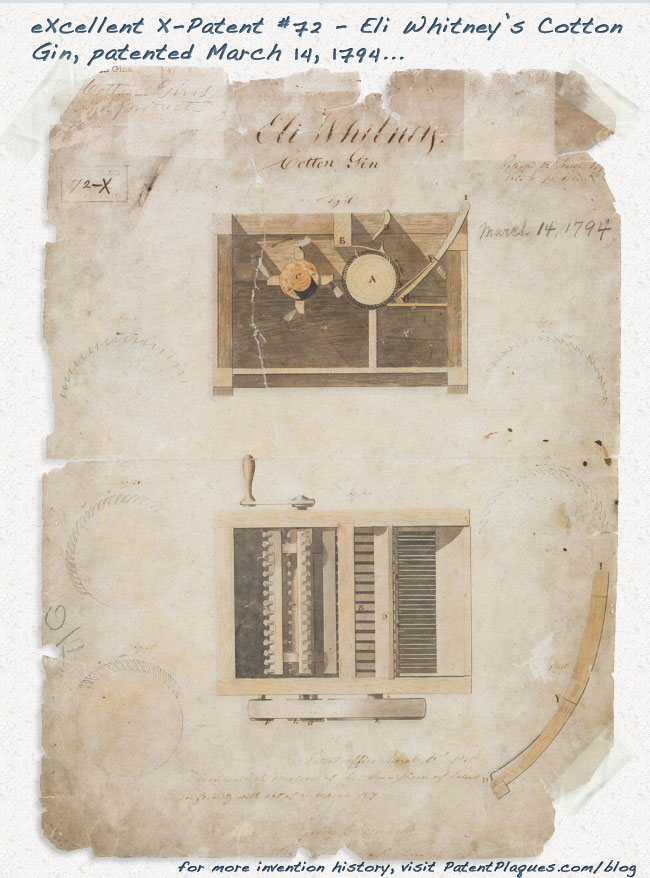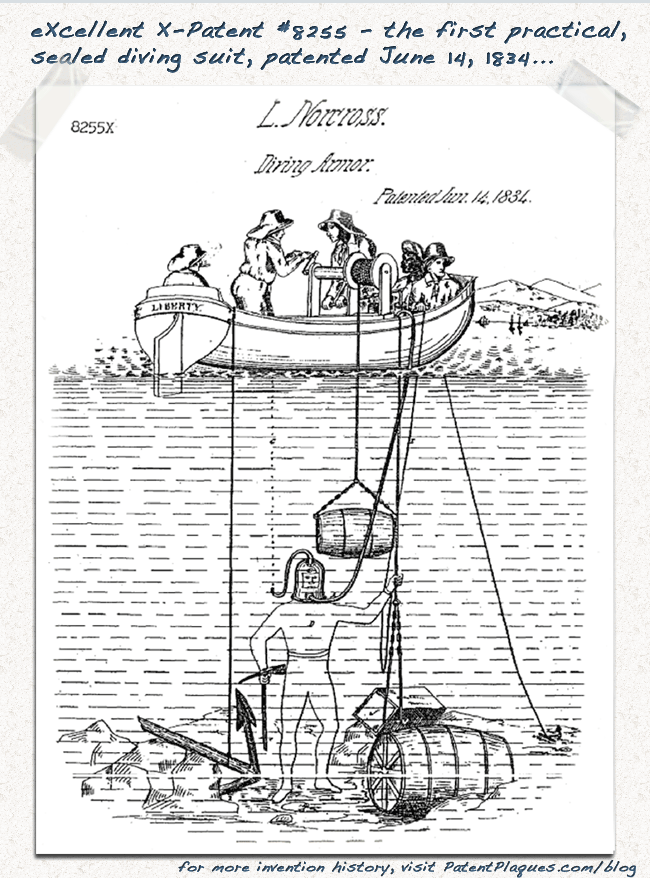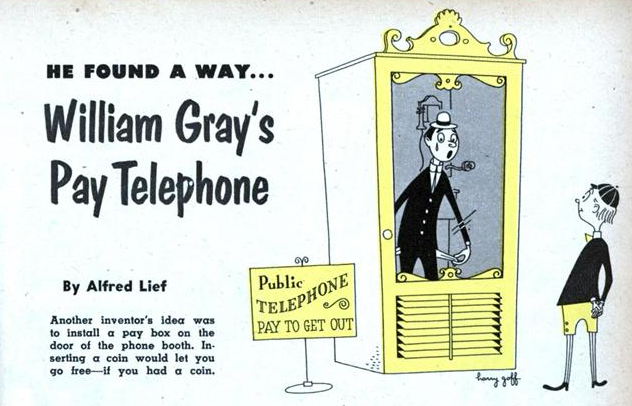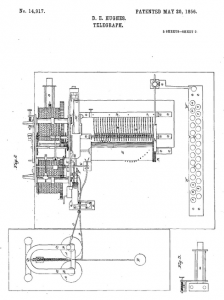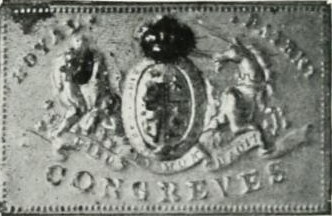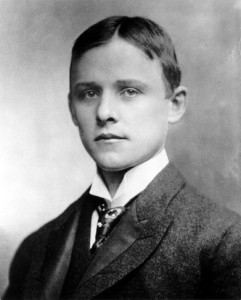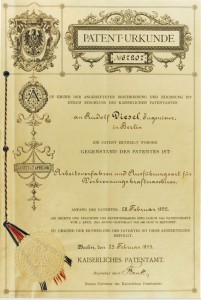On this day March 10, 1876, Alexander Graham Bell is credited with the first successful experiment involving the telephone. 107 years later, the cellular telephone would emerge on the market, this time invented by a man named Martin Cooper. Cooper conceived the first portable cellular telephone in 1973 then led the 10 year process of bringing it to market by 1983.
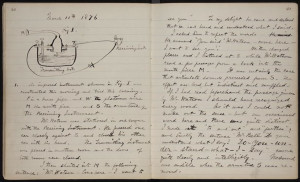
Alexander Graham Bell’s handwritten notebook entry describing this event on March 10, 1876 – Photo from American Treasures of the Library of Congress.
It’s likely, most (of us) don’t remember life prior to the telephone and couldn’t imagine life without the lines of communication open and available. Not being able to pick up a phone and talk to friends and family – when face to face or writing a letter just wouldn’t do? Oh my.
But, Mr. Cooper would eventually bring us what we really never fathomed: correspondence by car. (or any other means for that matter)
Who knew – that one day, even the wild west would meet technology.
It’s a save a gun, ride a horse, carry a cell phone kind of world we live in: these days a shoot-em-up means who gets the phone out fast enough to upload a show-down to YouTube. Continue reading “The First Successful Telephone Experiment”

